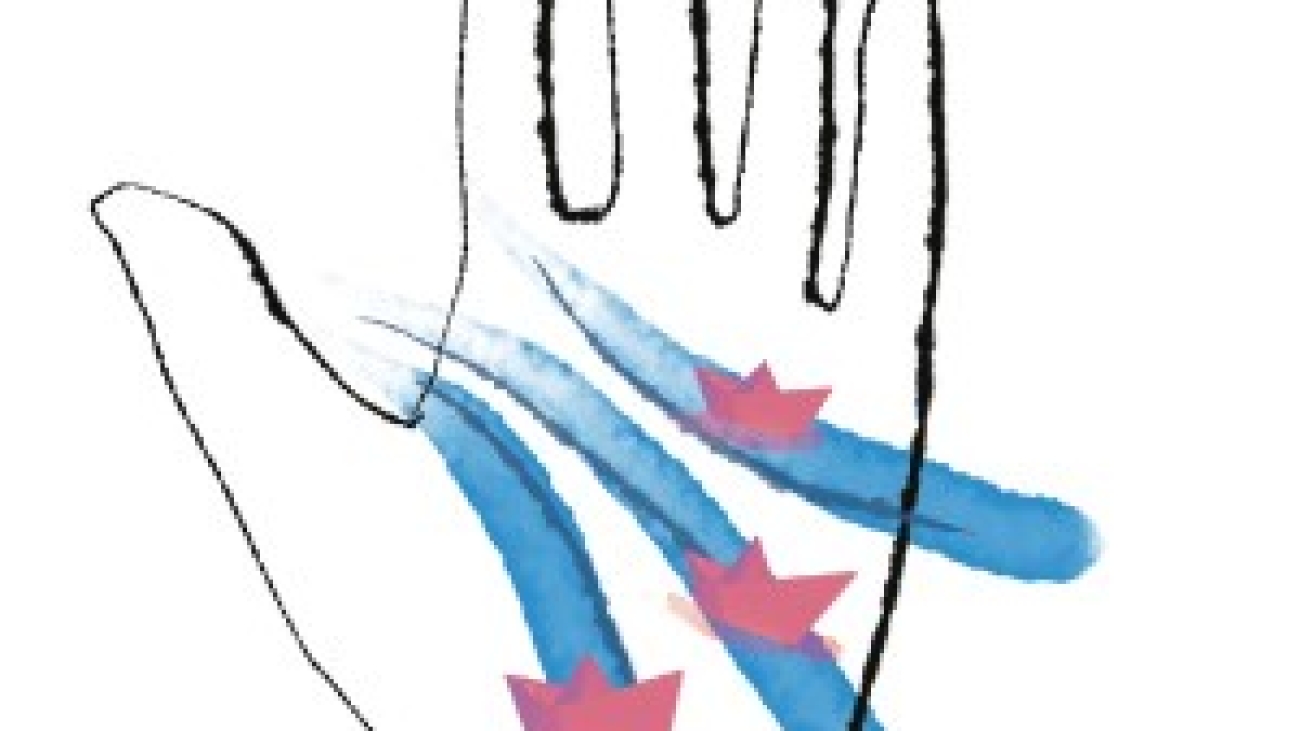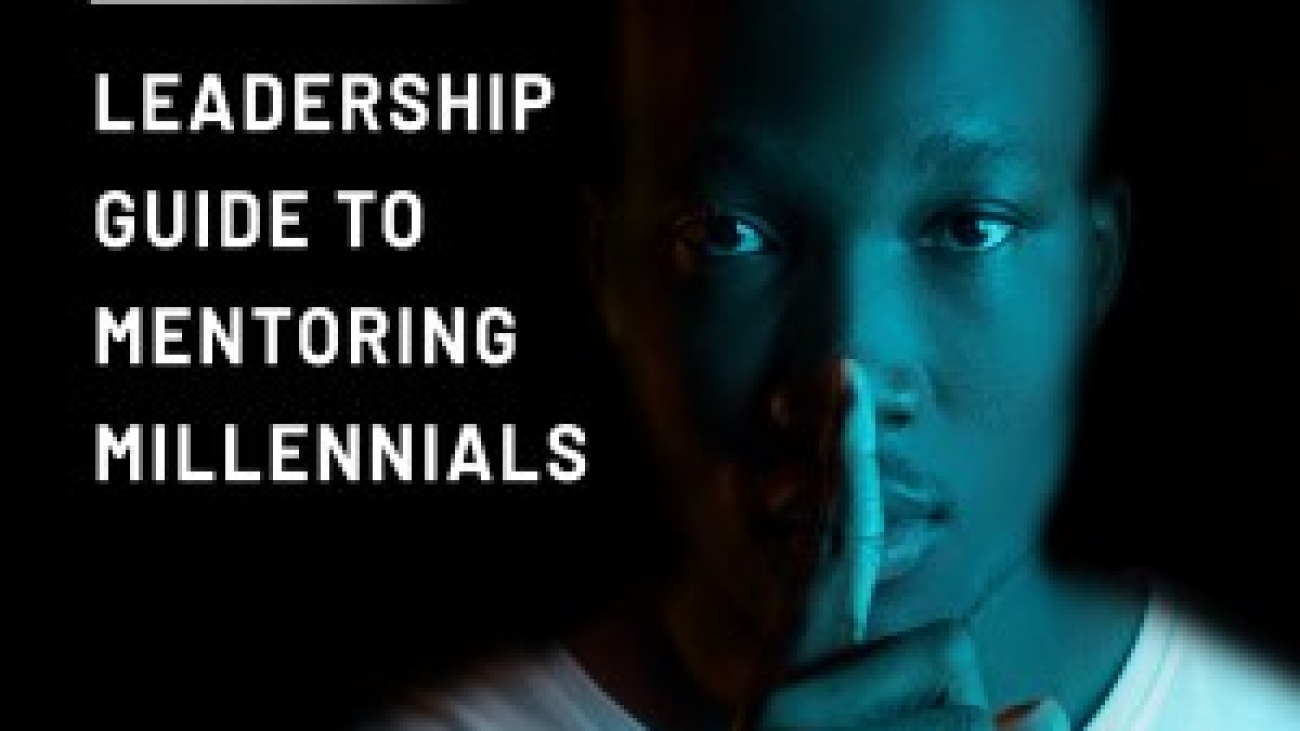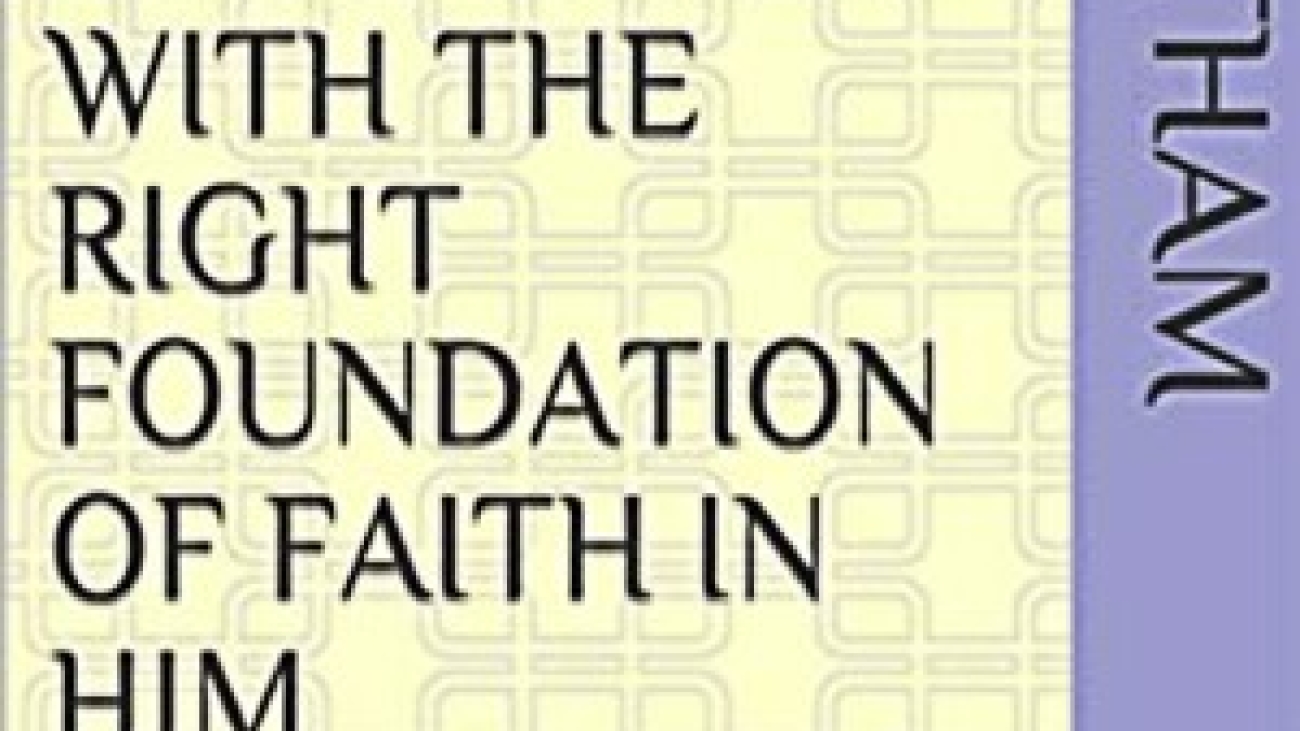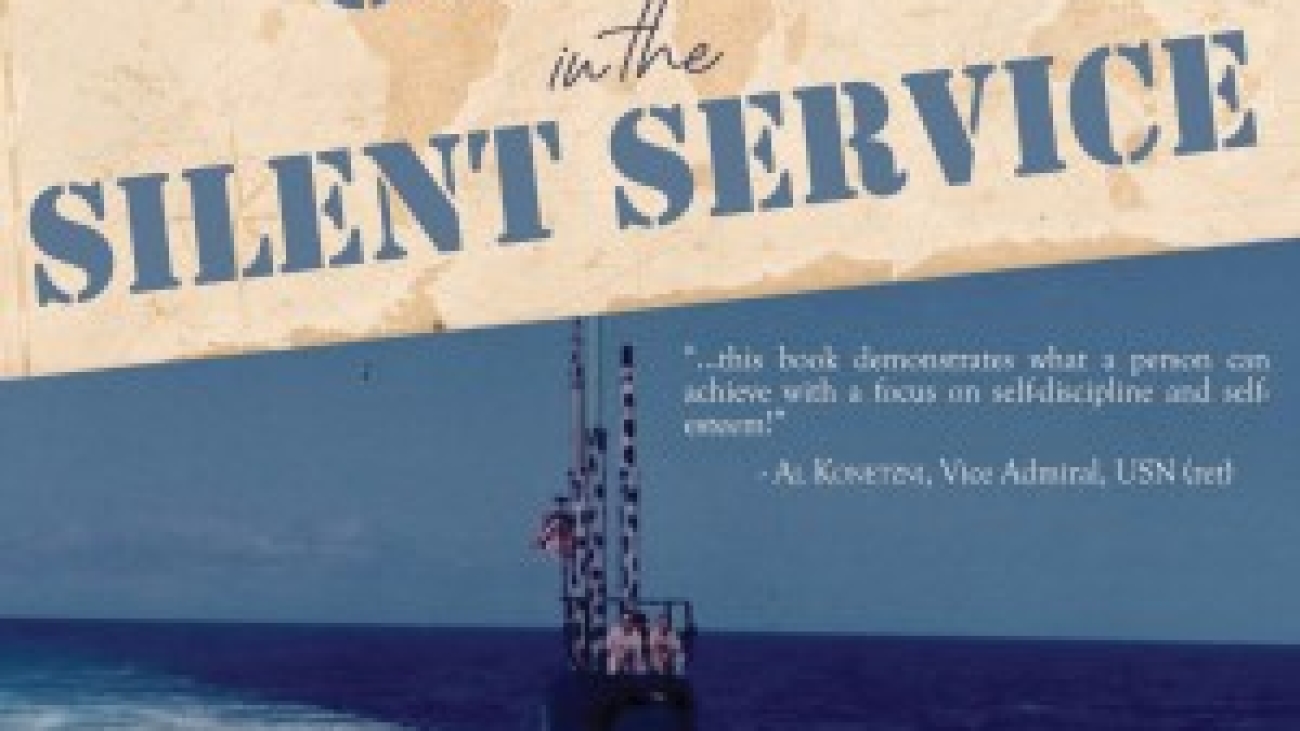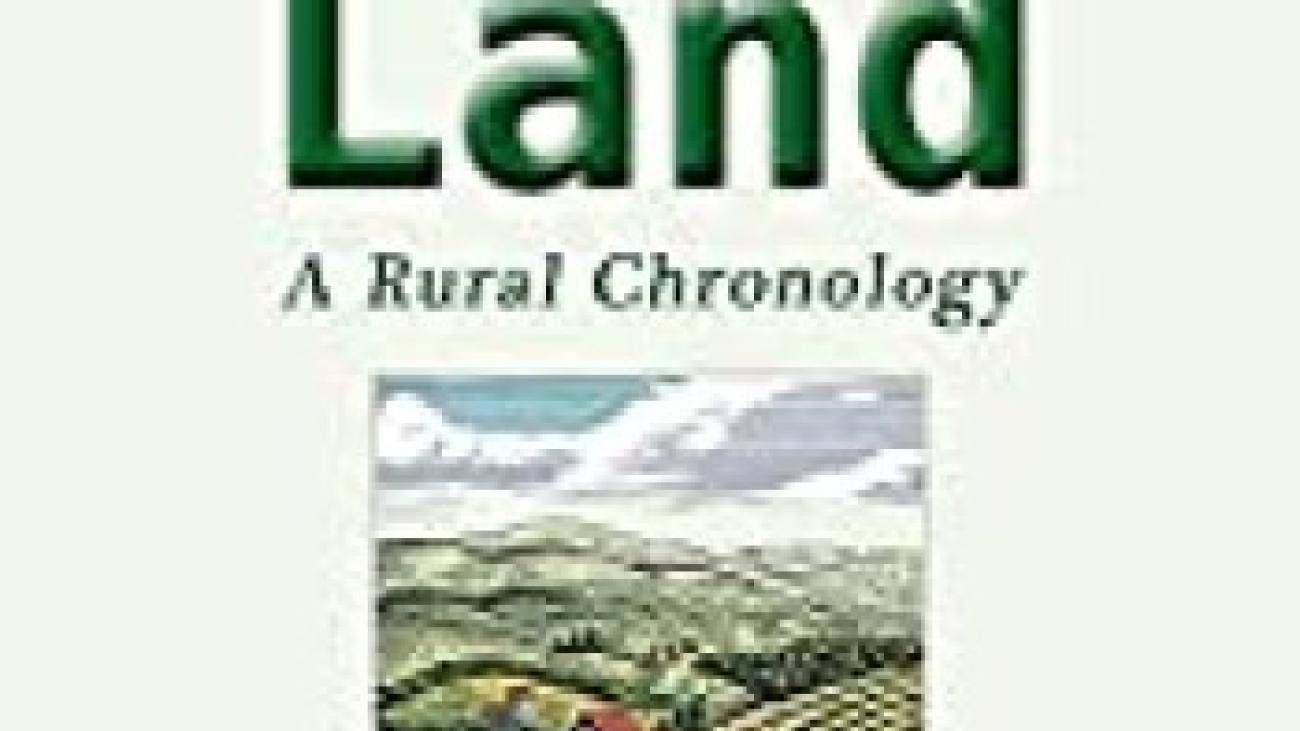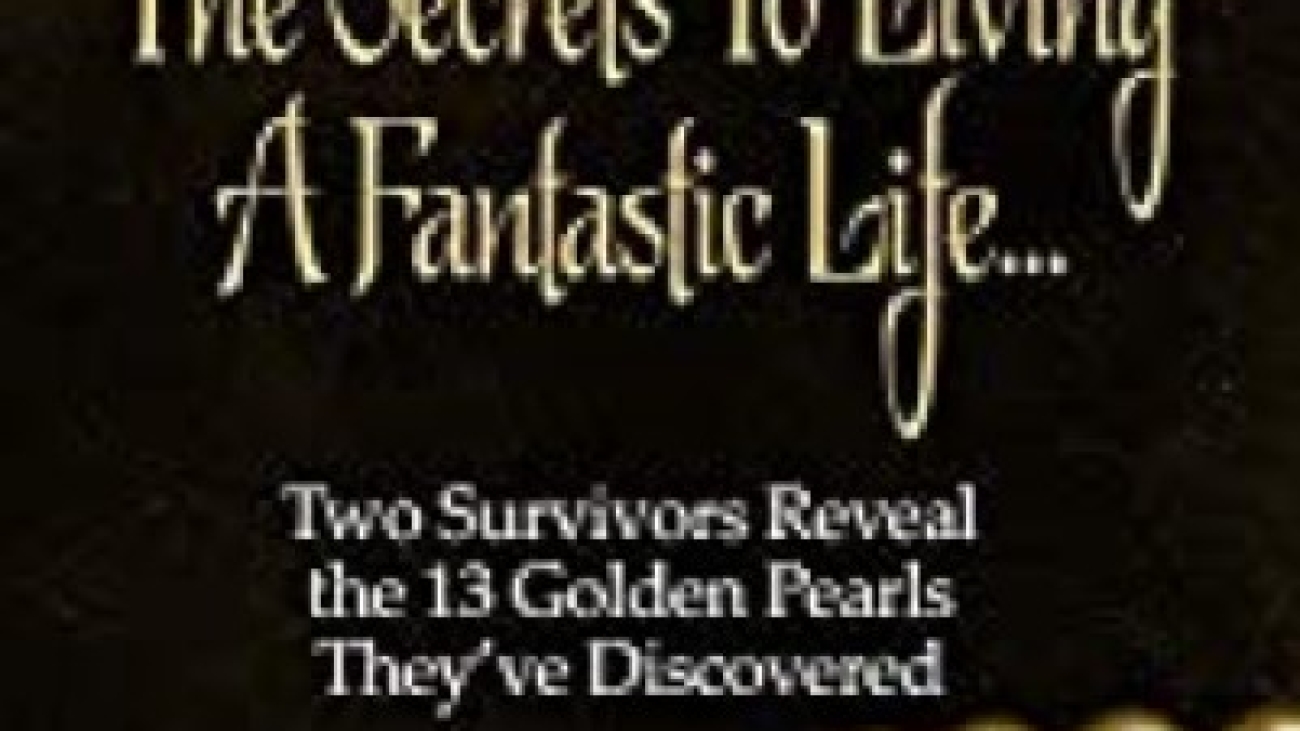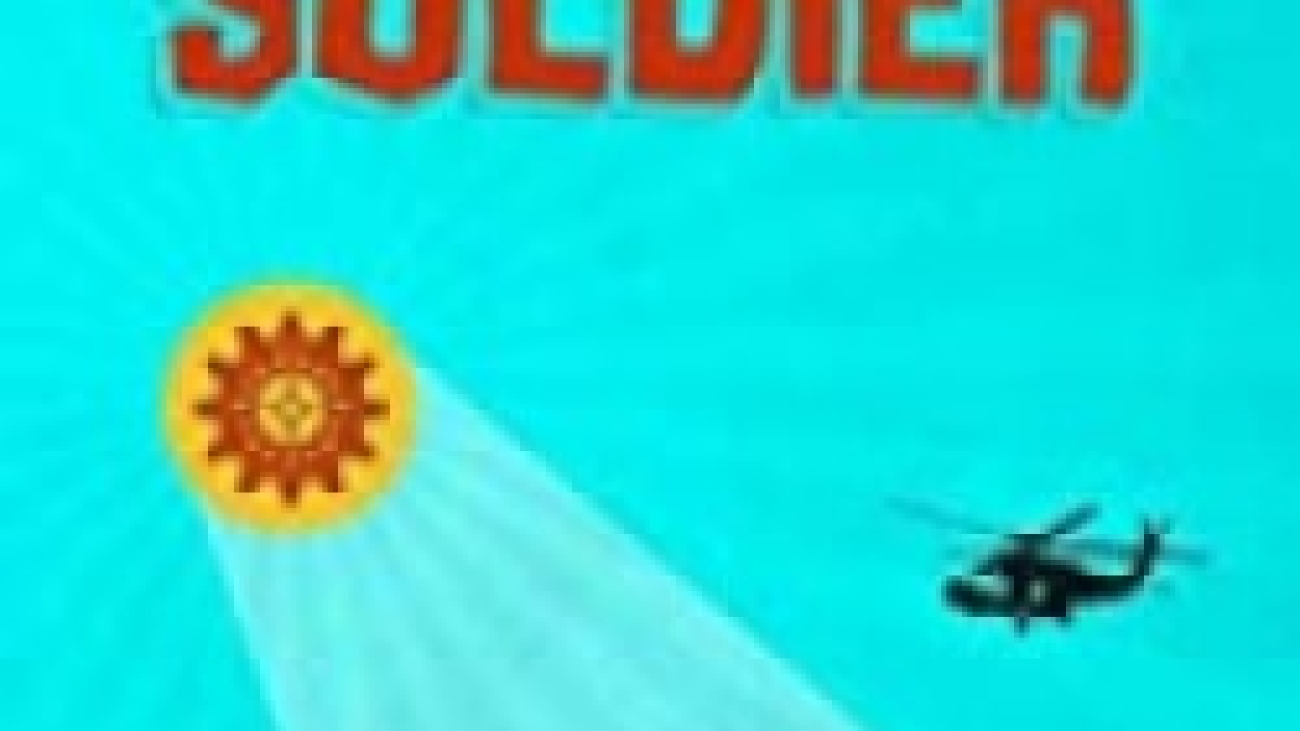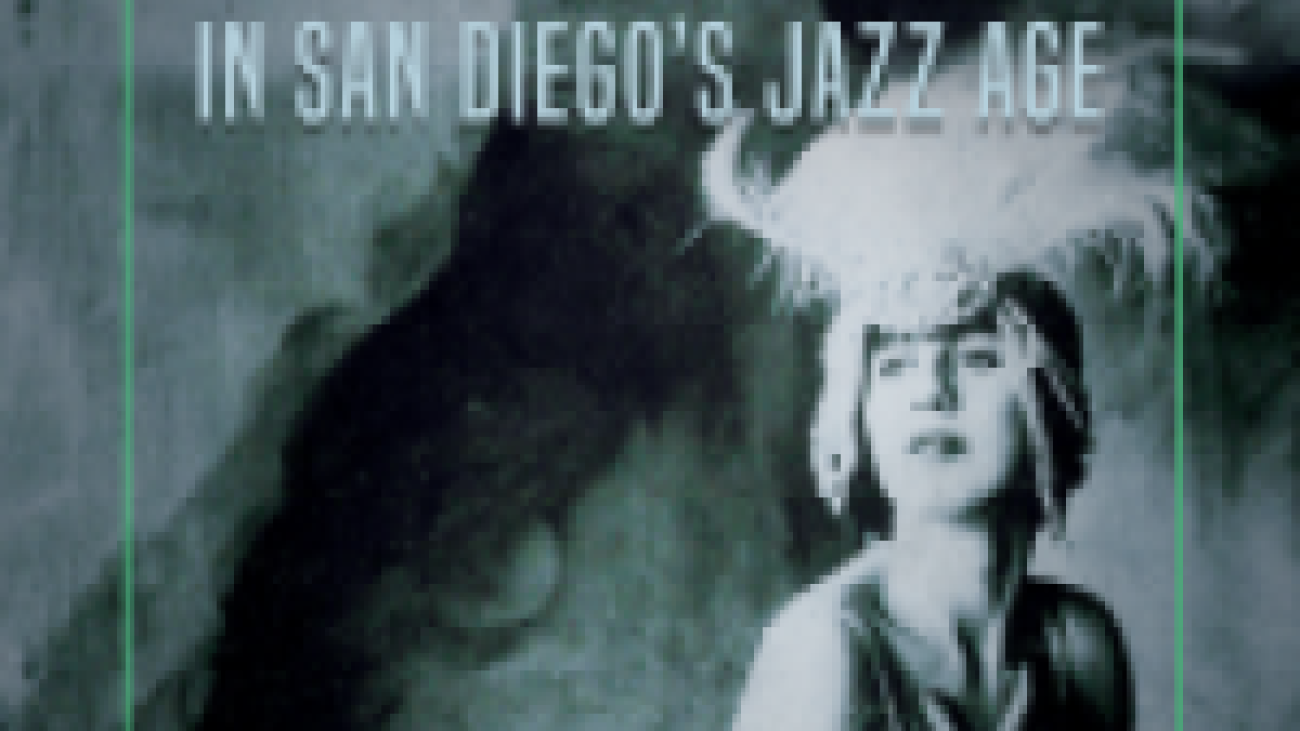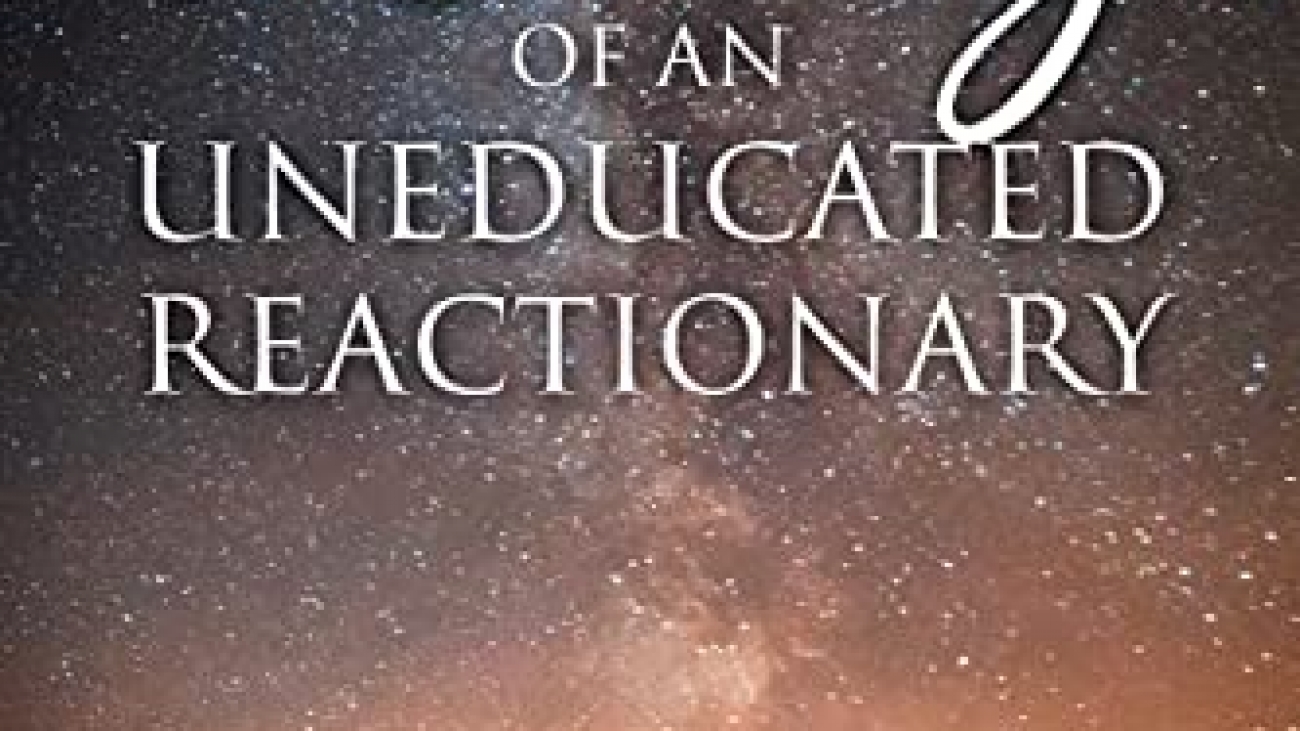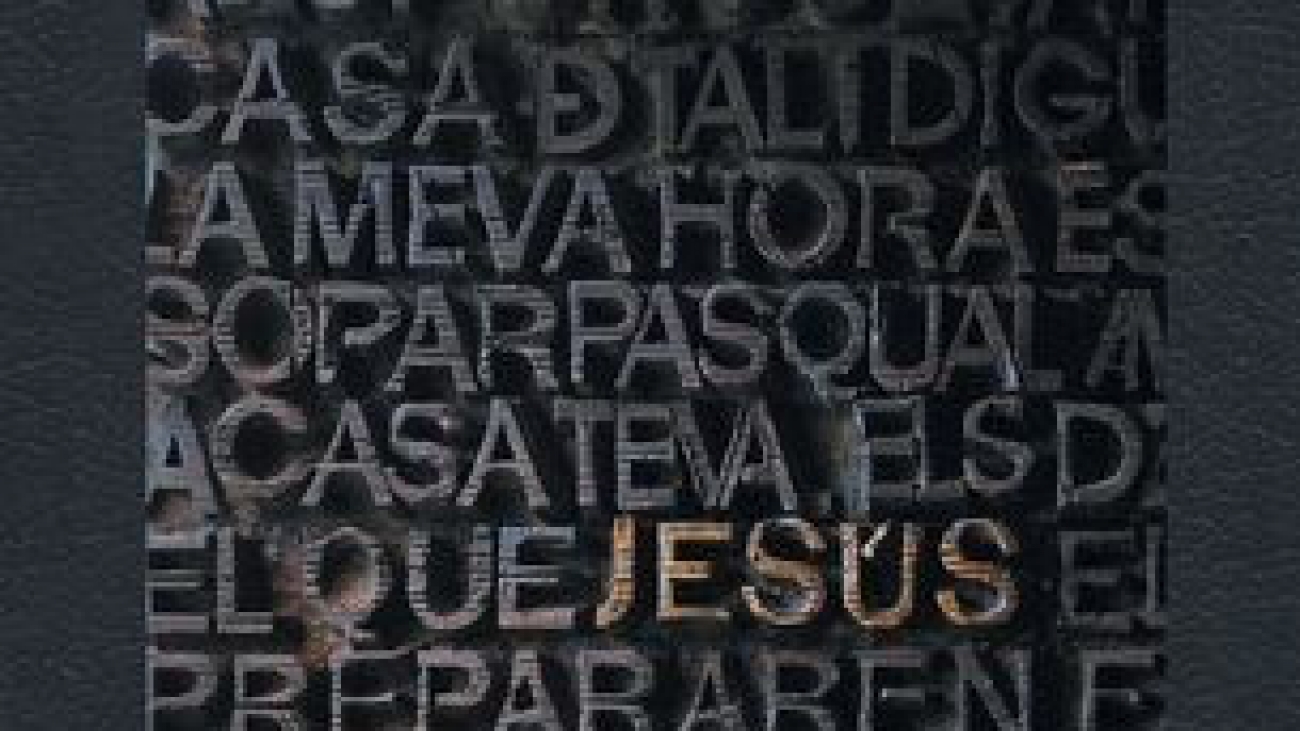Reviewed by Douglas R. Cobb
The Secrets to Living a Fantastic Life by Dr. Allen Lycka and Harriet Tinka is a very inspirational and thought-provoking book written by two people who lived through extremely traumatic and trying experiences. The authors learned from those experiences and grew to understand that they did not have to allow what happened to them to influence the rest of their lives negatively. Instead, they both chose to move on and have successful careers and happy lives, and decided to collaborate and write a book to help others also live “fantastic lives.” Purchase Here.
The Secrets to Living a Fantastic Life is subtitled “Two Survivors Reveal the 13 Golden Pearls They’ve Discovered.” Those “golden pearls,” or life lessons, aided them to get past the traumatic events in their lives and to move on. The self-help book that they wrote, detailing what those 13 golden pearls are, is full of revelations that the authors hope will inspire readers of the book. The negative things that everybody experiences in their lives, to one extent or the other, do not have to define who we are as people.
I really liked it that Dr. Allen Lycka and Harriet Tinka opened up in The Secrets to Living a Fantastic Life and revealed the nature of the traumatic experiences they went through. Dr. Lycka was diagnosed as having Lou Gehrig’s disease (ALS) and he was told he only had six months to live. Harriet Tinka was a fashion model and a Woman of Distinction who lived through the terror of being kidnapped by someone she knew, stabbed by the man, and left for dead. Dr. Lycka and Harriet Tinka could have let these things embitter them and alter the course of their lives and careers for the worse. Instead, they moved on, grew, and didn’t let the negative things they went through define them.
What are the 13 golden pearls that the authors discovered and relate to their readers in The Secrets to Living a Fantastic Life? Being an author myself, I don’t want to reveal too many “spoilers.” I’d rather that potential readers of the book get the pleasure of checking out what the pearls are on their own, by reading Dr. Lycka and Harriet Tinka’s book. They reveal what the pearls are in a captivating and entertaining manner by both telling stories from their own lives and also by utilizing a myriad of quotes from famous authors like Ralph Waldo Emerson and celebrities like Sir Paul McCartney, Christopher Reeve, and Bruce Lee.
I will mention a couple of the pearls that I loved reading about the most, though, and those are the importance of forgiveness and laughter. I will talk more about a few of the other pearls with Dr. Lycka and Harriet Tinka in an interview that they graciously agreed to do with me, which can be read elsewhere at this same site.
The ability to forgive somebody who has hurt and wronged you can be very difficult to do, but doing so is an important step if one wants to live what the authors refer to as “a fantastic life.” The authors write about this in the book’s seventh chapter, “Forgiveness.” They relate a story called “My Uncle” told by a contributor to the book, Lauren Magliaro. Lauren begins the chapter by telling about the reconciliation that took place between her uncle and her father, when her father was in the hospital due to suffering a brain aneurysm. Her uncle was there with Lauren and the rest of her family there at the hospital by their side, supporting them and his brother during a time Harriet describes as “the hardest days of our lives.”
After Lauren’s dad recovered, whatever the rift was between him and his brother was like a “slate – wiped clean.” From then on, both sides of Lauren’s family were back together, and she writes that “Family gatherings no longer had a dividing line.” Forgiveness is definitely a very powerful pearl we should all treasure in our hearts. Indeed, Lauren describes forgiveness as being “the essence of love.”
Laughter is such an important part of our lives that it has been sometimes called “the best medicine.” In the eleventh chapter of The Secrets to Living a Fantastic Life, aptly titled “Laughter,” Dr. Lycka begins the chapter writing about a run-in he had with an obstinate camel he was trying to ride in Egypt. The camel driver, playing a joke on Dr. Lycka, tells him the camel he’s picked out is his “gentlest” one, but the stubborn animal refuses to obey the camel driver’s commands and cajoling.
The camel repeatedly attempts to throw Dr. Lycka, who by now regrets his decision to try riding the animal, off his back. It is only after the ordeal is over, and the camel driver buys a Coke for Dr. Lycka, that the author can see the humor in the situation and have a laugh about it. Both authors relate various ways that laughter, including being able to laugh at oneself, is important. Dr. Lycka writes that: “Laughter, especially at oneself, tempers ego, interrupts narcissism and improves your happiness in the moment.” It is one of the thirteen pearls the two authors write about that can really make a big difference in our lives, make the problems and worries we all have seem a bit less significant, and help people achieve a “fantastic life.”
The Secrets to Living a Fantastic Life is a book I thoroughly enjoyed reading. It is a valuable sand appealing self-help book that will have readers engrossed and entertained while also informing and teaching them about the thirteen secrets, or “pearls,” that authors Dr. Allen Lycka and Harriet Tinka discovered. The knowledge about these pearls might not make us have fantastic lives overnight, but when put into practice on a daily basis, the nuggets of wisdom that the authors write about will definitely improve readers’ overall outlooks on life and will put them on the road to becoming better versions of themselves. This is a book I highly recommend you check out and add to your reading lists!
View Book Trailer for The Secrets to Living a Fantastic Life
